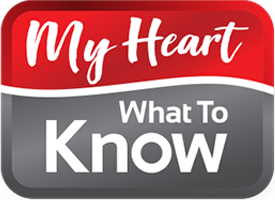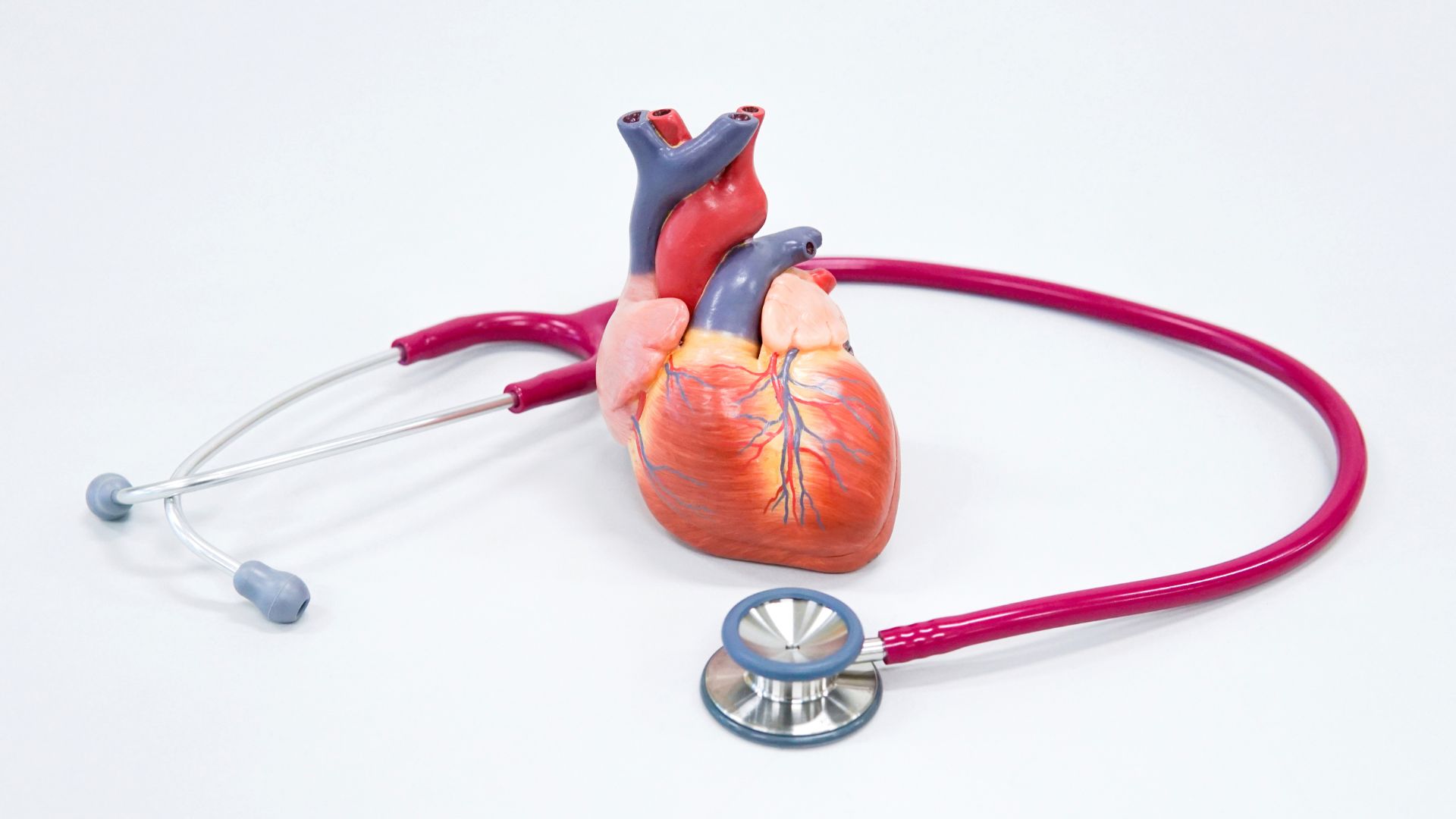Atrial fibrillation (AFib) is a common heart condition that causes an irregular, often rapid heart rhythm. Because the atria (upper chambers of the heart) quiver instead of contracting effectively, blood doesn’t flow smoothly into the lower chambers. Consequently, blood can pool in the atria, increasing the risk of clots, stroke, and other complications. As well, disorganized and poorly contracting atria leads to decreased contribution from the atria to the amount of blood being pushed forward. Especially in the setting of a stiff heart, this can lead to decreased exercise capacity, quality of life and heart failure. Understanding AFib, including its causes, symptoms, and treatments, is essential for managing the condition and maintaining good heart health.
What is Atrial Fibrillation?
Atrial fibrillation disrupts the heart’s normal rhythm. While a healthy heart beats regularly, AFib causes rapid and irregular beats that can exceed 100 beats per minute. In fact, the condition may cause the heart rate to double, putting strain on the heart and increasing the risk of complications. There are several different types of AFib:
- Paroxysmal AFib: In this form, AFib episodes come and go, often lasting minutes to hours, up to 7 days, and can resolve on their own without treatment.
- Persistent AFib: Here, the irregular rhythm persists for longer periods (at least 7 days or longer) and may require intervention to restore a normal rhythm such as medication or cardioversion.
- Long-Standing Persistent AFib: With this type, the irregular rhythm becomes constant (usually more than a year) consistent, and medical and lifestyle efforts may not be as successful at restoring normal rhythm. Focus on managing symptoms. More aggressive measures such as ablation may be required.
- Permanent AFib: AFib becomes permanent resulting in permanent symptoms, decrease in exercise capacity, quality of life with a higher risk of heart failure and stroke
- Lone AFib: This variant occurs in individuals under 60 with no evidence of any typical risk factors associated with AFib as well as no clinical or structural evidence of cardiac or respiratory disease. Stroke risk in patients with true lone AFib are generally lower than other types of AFib, but still increases with age.
Causes and Risk Factors of Atrial Fibrillation
AFib often results from other underlying health conditions or lifestyle factors that place extra stress on the heart. Understanding the causes and risk factors can help individuals make lifestyle adjustments to reduce their risk or manage symptoms more effectively.
- High Blood Pressure: Because elevated blood pressure forces the heart to work harder, it strains the heart muscle over time, often leading to AFib.
- Coronary Artery Disease: Plaque buildup in the arteries can restrict blood flow, weaken the heart, and increase the risk of developing AFib.
- Heart Failure: A weakened heart muscle struggles to maintain a regular rhythm, making heart failure patients more susceptible to AFib.
- Obesity: Excess weight increases inflammation, raises blood pressure and strains the heart, which elevates AFib risk.
- Diabetes: High blood sugar increases inflammation, damages blood vessels and muscle and can increase the likelihood of AFib.
- Sleep Apnea: This condition causes brief pauses in breathing during sleep, depriving the heart of oxygen and raising the risk of AFib.
- Excessive Alcohol: Alcohol can increase heart rate and trigger episodes of AFib.
- Genetics: Family history can play a role, as genetics may increase susceptibility to AFib.
Recognizing the Symptoms of Atrial Fibrillation
Symptoms of AFib vary greatly, depending on the severity and frequency of episodes. Although some individuals experience mild symptoms, others have more intense symptoms that require prompt medical attention.
- Heart Palpitations: Feeling as though the heart is racing or skipping beats is common in AFib, often causing discomfort or alarm.
- Shortness of Breath: Many people with AFib experience breathlessness during activities or even at rest.
- Fatigue: Because AFib reduces blood flow to the body, fatigue and general weakness are frequent symptoms.
- Dizziness or Lightheadedness: Irregular heart rhythms can reduce blood flow to the brain, causing dizziness or lightheadedness.
- Chest Pain: Some individuals experience chest discomfort or pain, particularly during AFib episodes.
- Anxiety: The sensation of an irregular heartbeat often causes anxiety, which can sometimes exacerbate symptoms.
- Stroke/Transient Ischemic Attacks (TIA): In some patients, AFib does not cause any symptoms and the first presentation may be a stroke or mini stroke (TIA). It is important to look for AFib in patients who develop a stroke as a result of inadequate blood flow to the brain
Recognizing these symptoms is crucial, as AFib increases the risk of stroke and other serious complications. Therefore, consulting a doctor promptly for any combination of these symptoms is essential.
Treatment Options for Atrial Fibrillation
Effective management of AFib often involves a combination of medications, lifestyle changes, and sometimes medical procedures. The primary goals are to restore a regular heart rhythm, prevent blood clots, and reduce symptom frequency.
- Medications: including antiarrhythmics, beta-blockers, calcium channel blockers for rate and rhythm control. Blood thinners (anticoagulants) are required for prevention of stroke.
- Lifestyle Adjustments:
- Exercise: Moderate levels of cardiovascular aerobic exercise, at least 150 to 200 minutes per week will decrease the frequency of AFib episodes in patients who do not have permanent AFib. It is important to consult a doctor before embarking on a regular exercise routine to ensure that the level of exercise is safe for you.
- Healthy Diet: Eating a diet rich in whole grains, fruits, vegetables, and lean proteins helps maintain a healthy weight, which can reduce AFib risk.
- Limiting Alcohol: Because alcohol can trigger AFib episodes, limiting or avoiding altogether can help prevent symptoms.
- Stress Management: Practicing relaxation techniques, like meditation or yoga, can help reduce AFib symptoms since stress often exacerbates the condition.
- Weight loss: Target >=10% weight loss to a BMI <27 kg/m2.
- Smoking Cessation
- Controlling Medical Conditions:
- Blood pressure control: Target <=130/80 at rest
- Diabetes control: Target A1c< 7.0%
- Obstructive Sleep Apnea (OSA): CPAP therapy for moderate to severe OSA, ensure nightly adherence to CPAP
- Medical Procedures: including electrical cardioversion, catheter ablation, or a surgical maze procedure to restore normal rhythm.
It is always better to prevent AFib or restore normal rhythm as early as possible when AFib occurs.
Discussing these options with your healthcare provider will enable them to develop a customized approach to managing AFib for you.
Preventing Complications of Atrial Fibrillation
Although AFib itself is not usually life-threatening, it significantly raises the risk of complications and symptoms. By taking preventive steps, individuals can manage AFib and reduce the likelihood of related issues.
- Preventing Stroke: Blood thinners like warfarin or direct oral anticoagulants (DOACs) lower the risk of clots and strokes. Because clots can form in the atria and travel to the brain, thinning the blood is crucial.
- Managing Blood Pressure: Keeping blood pressure within a healthy range reduces stress on the heart, lowering AFib severity and preventing other heart-related complications.
- Regular Check-Ups: Frequent medical appointments help monitor AFib and adjust treatment as needed, ensuring the condition remains manageable.
- Monitoring Symptoms: Keeping track of symptoms helps individuals recognize any changes, allowing for prompt adjustments to treatment.
Proactive steps like these not only reduce complications but also contribute to a better quality of life for individuals with AFib.
Building a Support System
Living with AFib can feel overwhelming, yet having a strong support system makes managing the condition much easier.
Maintaining close contact with your healthcare provider, including regular follow-ups, ensures you receive tailored advice and stay on track with treatment.
Atrial fibrillation is a challenging yet manageable condition. By understanding AFib, its causes, and available treatments, you can make informed choices that reduce symptoms, prevent complications, and support heart health. Taking proactive steps—such as maintaining a healthy lifestyle, adhering to prescribed treatments, and building a support network—empowers those with AFib to live healthier, more fulfilling lives.
—
An important step towards better health for many people is reaching a healthier weight, which can reduce the risk of cardiovascular disease. To find a physician near you who specializes in weight management, click here.
—
All the information provided on this site is for educational purposes only and is not a substitute for professional medical advice, diagnosis, or treatment. My Heart – What To Know is not a healthcare provider or clinic. ALWAYS consult with a qualified healthcare provider regarding any questions you may have about a medical condition. Never disregard professional medical advice or delay in seeking it because of something you have read on this website. If you think you may have a medical emergency, call 911 or go to the nearest emergency room immediately. No physician-patient relationship is created by this website or its use.
This article was sponsored by Novo Nordisk Canada. All content is created independently by My Heart – What To Know with no influence from Novo Nordisk.

